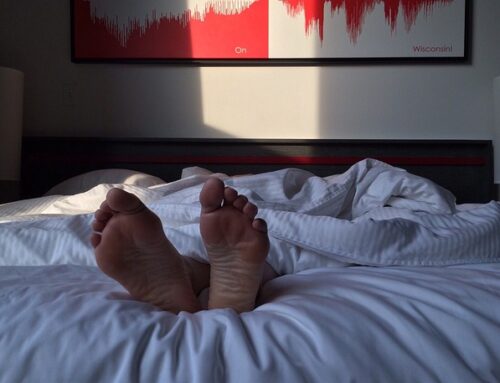According to the American Academy of Dental Sleep Medicine (AADSM), 40% of the American population snores, which means as many as 16% has diagnosable obstructive sleep apnea. What does this mean for your dental office? It means that the same percentage of adults that walk into your office may have undiagnosed sleep apnea. This is where you come into the picture. As a dental sleep medicine specialist, you can successfully help your patients feel better with a better night’s sleep.
While the first step would be to take continuing education courses, it is also important to create a relationship with a local sleep physician. While this may be out of the comfort zones of some dentists, it is an important step in diagnosing and treating your patients. Sleep physicians are medical providers who diagnose sleep-disordered breathing and are responsible for the overall care of the patient. By maintaining an effective dental-sleep physician relationship, you can provide optimal are together.
Inside Your Office
In your own practice, you can begin to integrate dental sleep therapies by starting sleep-focused conversations with your patients. Just the simple question, “Do you, or anyone in your family, snore?” can uncover a huge population in need of care. Additionally, it is important to remember that sleep apnea is highly heritable and often will be found in children whose parents’ snore.
Recently, the American Academy of Pediatrics recently issued guidelines stating that any child who snores consistently or has daytime behavior problems should be referred to a sleep physician for testing. By asking such a simple question, you can open the door to this rapidly growing field.
There are currently more than 80% of undiagnosed sleep-disordered breathing maladies. This is largely due in part to patients who may not even realize they have a problem, which means they are not even seeking help. And many dentists don’t even ask if a patient snores. Through this knowledge, it creates a great opportunity for dentists interested in providing sleep solutions for their patients.
You can visit http://www.alternatetocpap.com/ to learn more about the alternative treatment options to CPAP, while also learning more about sleep apnea and the importance of treatment as a dentist. You can also visit our lecture page at https://mpateldds.com/upcoming-lecture/ to begin your continuing education for dental sleep medicine in your office.




